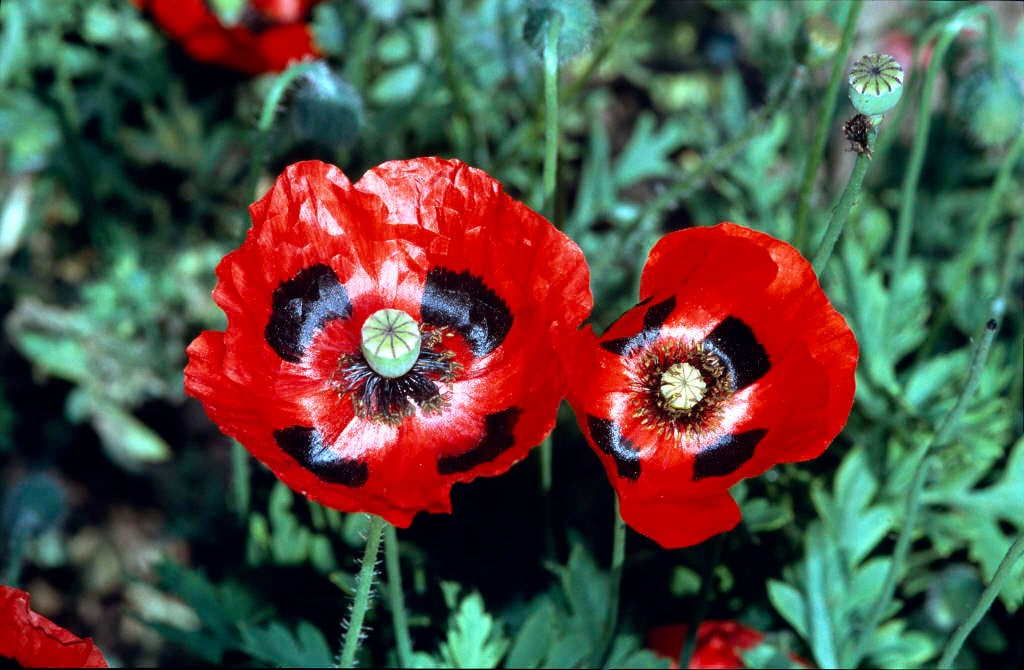Not the plant you're looking for? Search over 300,000 plants
Annual Biennial
Size
Ultimate height
0.1–0.5 metresTime to ultimate height
1–2 yearsUltimate spread
0–0.1 metreGrowing conditions
Loam
Moisture
Well–drainedpH
Acid, Alkaline, NeutralColour & scent
| Stem | Flower | Foliage | Fruit | |
| Spring | Green | |||
|---|---|---|---|---|
| Summer | Black Red | Green | ||
| Autumn | ||||
| Winter |
Position
- Full sun
Aspect
West–facing or South–facing
Exposure
Exposed or Sheltered Hardiness
H5Botanical details
- Family
- Papaveraceae
- Native to GB / Ireland
- No
- Foliage
- Deciduous
- Habit
- Columnar upright
- Genus
Papaver can be annuals, biennials or herbaceous perennials with simple or pinnately divided leaves and short-lived, saucer-shaped, 4-petalled flowers which may be solitary or in racemes
- Name status
Unresolved
How to grow
Cultivation
Grow in well-drained, deep, fertile soil in full sun
Propagation
Propagate by seed sown in spring
Suggested planting locations and garden types
- Cottage and informal garden
- Wildflower meadow
- Flower borders and beds
Pruning
No pruning required
Pests
May be susceptible to aphids
Diseases
May be susceptible to downy mildews, powdery mildews, fungal wilts and verticillium wilt
Get involved
The RHS is the UK’s gardening charity, helping people and plants to grow - nurturing a healthier, happier world, one person and one plant at a time.
